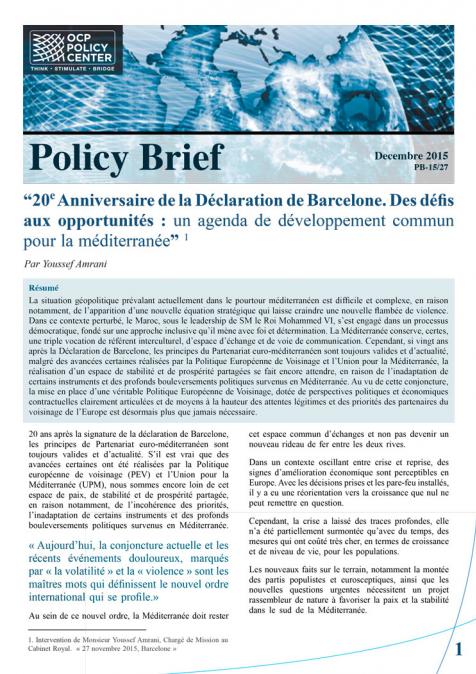Water stands as a pivotal factor in either fostering peace or sparking conflict, with scarcity, pollution, and unequal access to this vital resource capable of escalating tensions within and between communities and nations. As we approach World Water Day, it is crucial to recognize that cooperation on water-related issues not only ensures access to clean water but also establishes a foundation for addressing broader global challenges.
In many regions, such as the Lake Chad Basin, the intricate relationship between climate change and security highlights the vital role of water cooperation in promoting peace and stability. Moreover, the perspectives on the Egyptian and Ethiopian views regarding the Grand Ethiopian Renaissance Dam offer valuable insights into the complexities of shared water resources. These discussions underscore the need for diplomatic cooperation and effective governance frameworks to navigate such critical issues.
The impacts of climate change on water resources are becoming increasingly severe, exacerbating global demand for water. This growing demand, coupled with unequal access to safe drinking water within and between countries, underscores the urgent need for equitable distribution and management of water resources. It is also essential to recognize water's role in conflicts, where it can serve as both a trigger and a casualty.
In conclusion, the webinar titled "Water for Peace: Fostering Cooperation for a Secure Future" will delve into these critical issues, emphasizing the imperative for cooperation on water-related challenges. By fostering a deeper understanding of the linkages between water, peace, and conflict, we can pave the way for more peaceful and sustainable societies globally.







